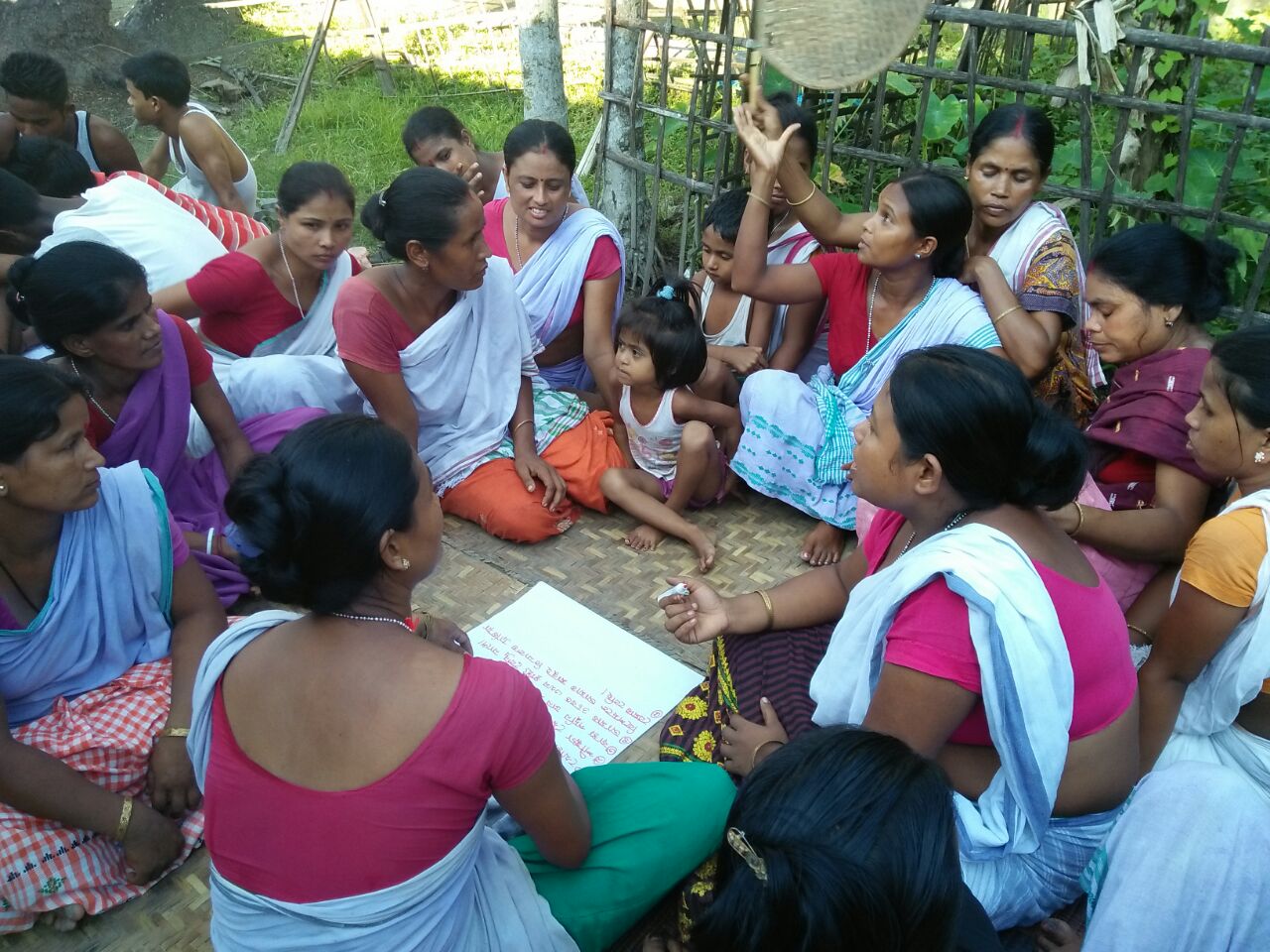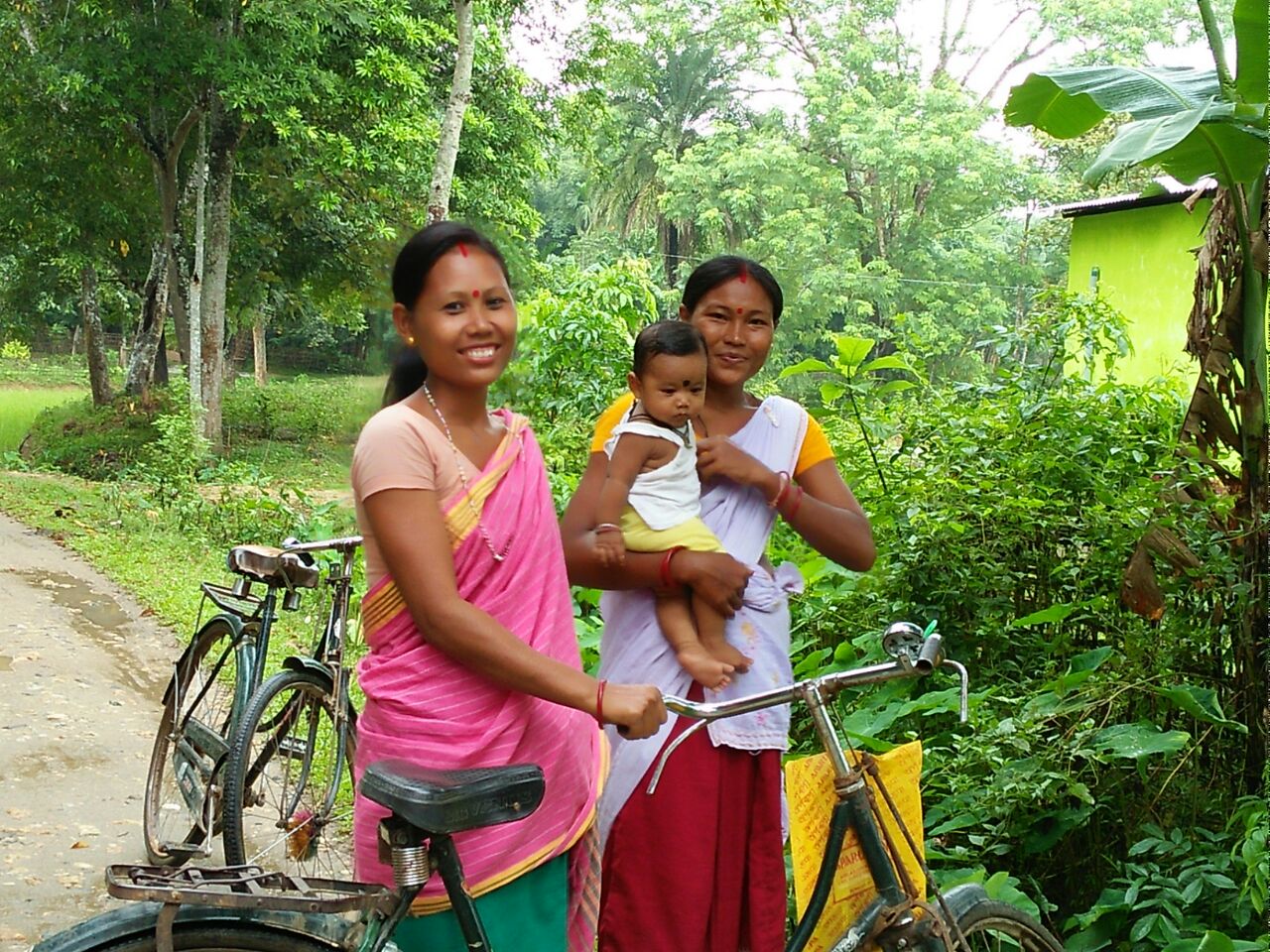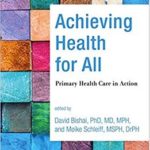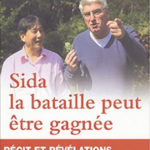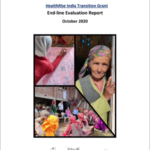EVALUATIONS OF THE IMPACT AND RESULTS OF OUR WORK IN THE FIELDS
PUBLICATIONS – BOOKS
- “Four principles of Community-Based Primary Health Care, Support, Appreciate, Learn/Listen, Transfer (SALT)“
Marlou de Rouw, Alice Kuan, Philip Forth, Rituu B. Nanda and Luc Barrière-Constantin (2020). Chapter 6 in Achieving Health for All, Primary Health Care in Action. Edited by David Bishai PhD, MD, MPH, and Meike Schleiff, MSPH, DrPH. - Read The Constellation chapter.
Book for sale here
- “What Makes Us Human, the story of a shared dream“
Jean-Louis Lamboray (2016), Balboa Press.
“You can read it all in one breath, but then you feel the need to go back to it again to have a longer taste of those situations, attitudes, words that make a person contemplate different possibilities that allow for a life change.” Maria José Vazquez.
For sale here
- “Sida : La bataille peut être gagnée“ [AIDS: There is another way], Jean-Louis Lamboray and Jean Legastelois (2004), Les Editions de l’Atelier.
“He conveys a powerful message that is so simple that it transcends all ideological debates: “It’s the people that matter.” This lesson is both an inspiration and a powerful message about development theory.” Joseph Decostas
For sale here
English translation here
OTHER PUBLICATIONS
Learning from SALT-CLCP experience
The Constellation 2022 Report: https://the-constellation.org/the-constellation-report-2022-english/
“Link & Learn, the ‘L’ of SALT with Listen, is the basis of the ability of any human, any human group, to live its full potential. The experiences shared [in the report] show that, whether it is between people with a common goal, between outsiders and a group, between groups that oppose each other, Link & Learn offers a ‘a platform for growth’, opens the field of possibilities for beneficial actions for all.
Connecting and learning with SALT is about breaking down barriers by focusing on commonalities and being energised by the strengths of the people involved: an essential starting point for action.”
Le rapport 2022 en français: https://the-constellation.org/the-constellation-report-2022-french/
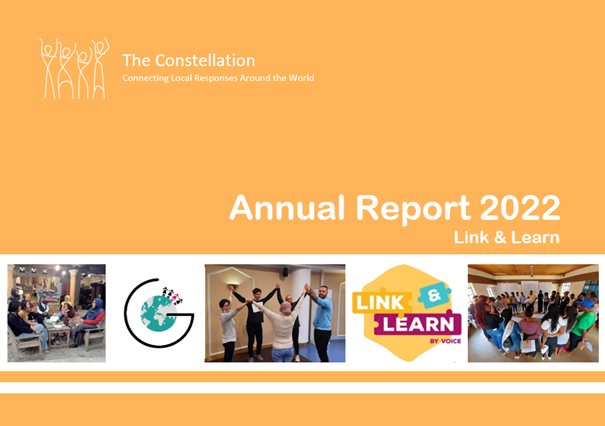
Kaza, S. K., Gupta, P., Vaidya, R., Nooyi, S. C., Chaudhury N. (2022). Effect of COVID-19 lockdown on lifestyle habits and self-care practices of diabetic and hypertensive patients in rural Shimla and Udaipur – Findings from the HealthRise India program. Indian Journal of Public Health, 66(4), 466-472. https://www.ijph.in/article.asp?issn=0019-557X;year=2022;volume=66;issue=4;spage=466;epage=472;aulast=Kaza
“Conclusion: Participants exposed to support, appreciate, learn, and transfer-community life competence process (SALT-CLCP) intervention maintained metabolic control during the COVID-19 pandemic with improved behavioral and self-care practices. Community-based interventions such as SALT-CLCP method bring ownership and empower community in achieving the better health outcomes.”
The Constellation 2021 Report: https://the-constellation.org/the-constellation-report-2021-english/
“This year for The Constellation was very much about growing from a challenge to new opportunities and perspectives.
That is true for our organisation. Also, during the Virtual Global Learning Festival (V-GLF), we heard many expressions and examples from people and groups going through the same. I guess that is what looking at life with SALT as attitude offers us.
We propose to dive deeper into this in the annual report as a beautiful testimony.”
Marlou de Rouw, The Constellation Board and Voting Assembly Member.
Le rapport 2021 en français: https://the-constellation.org/the-constellation-report-2021-french/
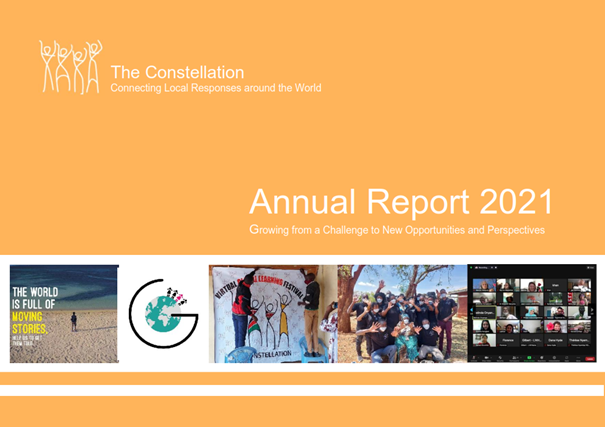
The Constellation 2020 Report: https://the-constellation.org/the-constellation-report-2020-english/
“2020. Covid-19 put the world upside down. The ‘normal’ in the lives of organisations, communities, neighbourhoods, families, and individuals was challenged. Also, for The Constellation, its teams, its partners and its members. This annual report makes a tour around the world and the account makes us hopeful.”
Le rapport 2020 en français: https://the-constellation.org/the-constellation-report-2020-french/
Ramaiah International Centre for Public Health Innovations (RICPHI). HealthRise India Transition Grant Endine Evaluation Report. October 2020. https://drive.google.com/drive/folders/1eFcna7ldyEN2k5YXuNsw4k_n7fAJsD2k
“The study findings do show a strong association between SALT-CLCP methodology and health behaviour among patients which may be instrumental in improving metabolic control of their disease conditions. It can be concluded that the SALT-CLCP methodology has potential to shift NCD care management from health care facility led model to community led model by empowering the community. The SALT-CLCP methodology also has a role in improving the capacity of the FLHWs in providing NCD care at the community level.”
The Constellation 2019 Report.
“It is with great pleasure that I welcome you to the pages of our annual report of The Constellation.
You will find many beautiful stories, hopes, successes and also many questions, new and old.
More than ever, during this past year, we have questioned our identity, our role and of course our actions.
More than ever, I see the merits of a dialogue based on our humanity and on openness to others in order to confront, in particular, identity retrenchment and mistrust.
More than ever, our dream is relevant; and it is exciting to see that the path towards it is becoming richer and richer as the years go by.”
Continue reading Luc Barriere-Constantin’s introduction and the report here: https://www.communitylifecompetence.org/uploads/6/3/7/1/63712543/constellation_report_2019_en.pdf
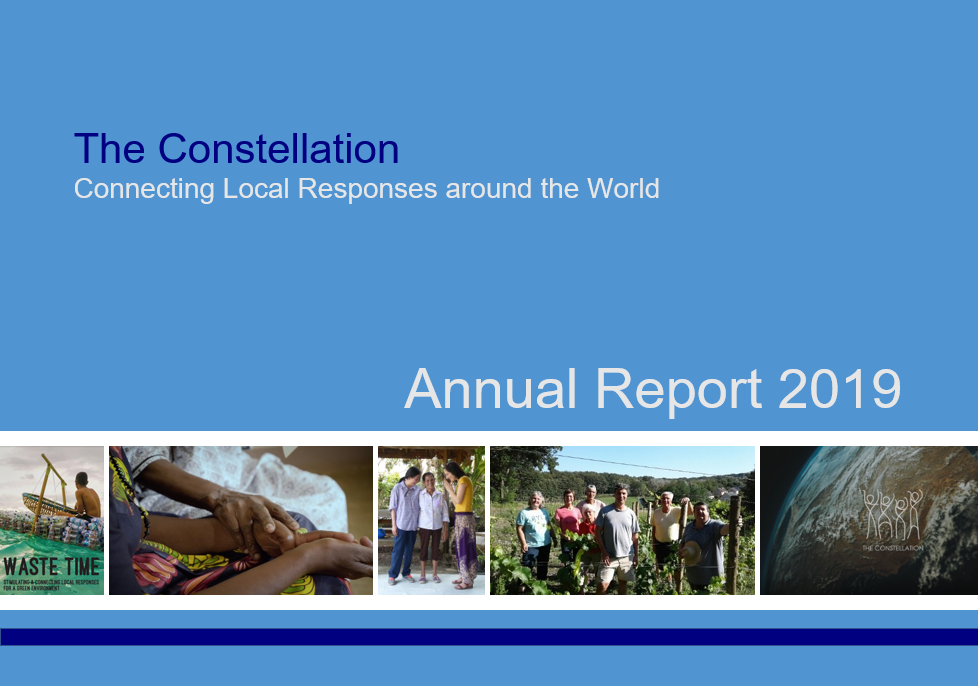
-
Impacts of the Stimulate, Appreciate, Learn and Transfer Community engagement approach to increase immunisation coverage in Assam, India.
- Rituu B. Nanda (2019), ‘Experience capitalization: Collective planning from the ground up‘, Experience capitalization from theory to practice: Trying out a new approach, Experience Capitalization Series 11. Wageningen: CTA: 30-32.
“Qualitative data demonstrated that the CLCP/SALT intervention helped in improving awareness and utilization of services to some extent, and had additional benefits outside the context of immunization”.
“As a result of engaging and listening to the people on the ground, our plan has completely changed”.
- With new confidence into a healthy future, The results of the Regional Confidence Project (RCP) conducted in Liberia and Guinea between September 2016 and August 2017, Difäm, CHAL, Tinkisso, and The Constellation. En français.
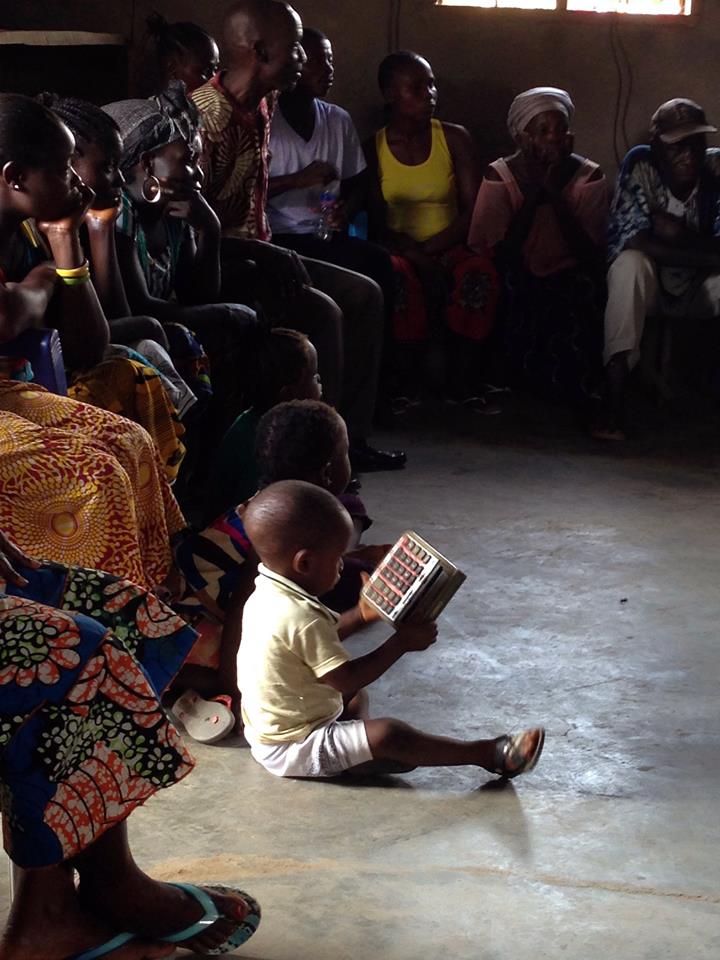
- On creating communities of practitioners – Rituu B. Nanda (March 2015), ‘Stories from The Constellation‘, AI Practitioner, Vol. 15, No. 2, 2013: p.25.
“How do you create, maintain, and transform “common unities” among practitioners, inspired by Appreciative Inquiry and strengths-focused approaches?”
- Malaria Competence – David Kpevai and Joseph Senesie (February 2010) unpublished, ‘Malaria Competence in Imperi, Sierra Leone‘.
All four villages revealed that: “To date, no infant, child and maternal deaths were recorded since April 2009 after the facilitation of the Malaria Competence Approach. There is improved sanitation in the villages as youths are mobilized to carry out brushing around the villages”.
- Malaria Competence – The Constellation and Roll Back Malaria – Philip Forth & Jean Legastelois, (October-November 2008), ‘The ‘Competence approach’ in the battle against malaria in Togo and the Gambia‘.
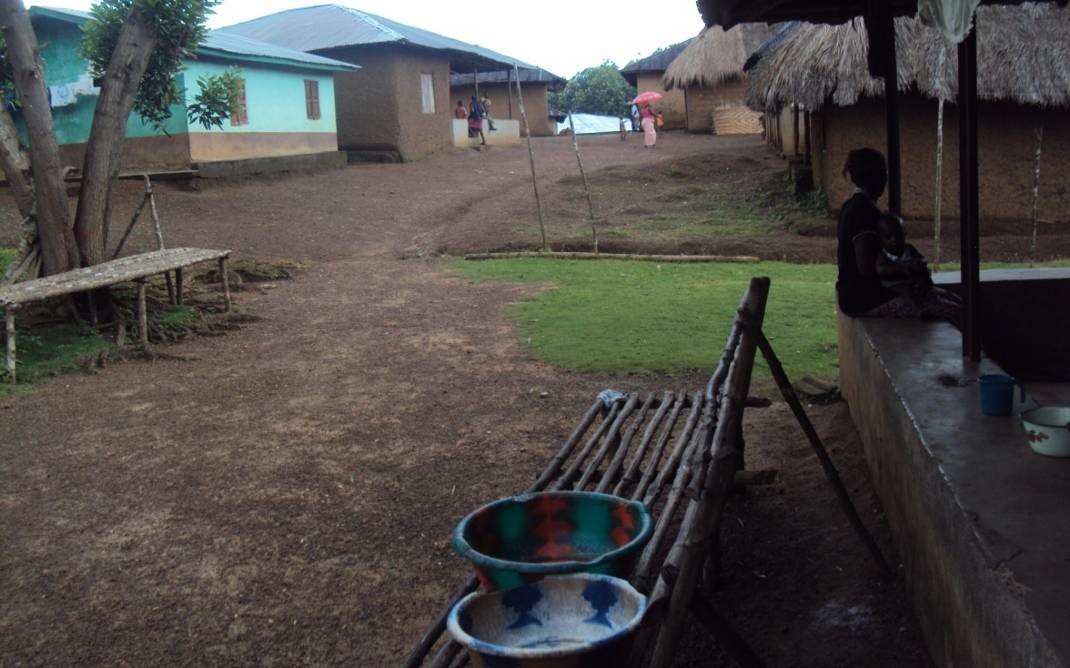
- AIDS Competence in Indonesia – Rebeka Sultana (December 2009), ‘Speaking of a journey, The inside story of AIDS Competence
in Indonesia‘, published by UNFPA Indonesia.
- AIDS Competence & Malaria Competence – Gaston Schmitz and Philip Forth (November 2009), ‘Believing in the human capacity to respond to HIV and malaria: sharing experiences on a human level for global impact‘, Knowledge Management for Development Journal.
- AIDS Competence – Jean-Louis Lamboray (December 2007), ‘AIDS: let us learn from those who progress’.
- AIDS Competence – Jean Legastelois (May 2007), ‘In Democratic Republic of Congo Local communities meet the challenge‘, published in La Croix in French.
- Thierry Goorden (October 2007), ‘Médecin itinérant‘ [Itinerant Doctor], Journal des Médecins, No. 1868.
Participatory Action Research
- Pauline Oosterhoff & Rituu B. Nanda (2020), ‘Participatory action research on alcoholism and bonded labour in times of prohibition in India, Educational Action Research, DOI: 10.1080/09650792.2020.1813184.
“Men reluctantly agreed that to realise the vision of the village they wanted, something needed to be done about the drinking. Women agreed that slapping men might feel good but was unlikely to motivate them or to result in a happier family or community life.”
- Pauline Oosterhoff & Danny Burns (2020), ‘Systemic Participatory Action Research and Learning within Large-Scale Operational Programs to Eradicate Bonded Labor in India‘, International Review of Qualitative Research, DOI: 10.1177/1940844720933235.
This publication mentions SALT as an approach giving action researchers “more confidence” and dream building “helped the group to find a purpose.
Using SALT in Evaluation
- Dr Rajib Nandi, Rituu B. Nanda and Shiny Saha (2018), ‘Sense of ownership as capacity building: Experience of using SALT amongst domestic workers for systematic self assessment’, New Directions for Evaluations: Visibility, Voice and Value, ISBN: 9789351249221, Author: Brahmachari, Aniruddha, Ghosh, Samik.
- Rajib Nandi, Rituu B. Nanda and Tanisha Jugran (March 2015), ‘Evaluation from inside out: The experience of using local knowledge and practices to evaluate a program for adolescent girls in India through the lens of gender and equity‘, Evaluation Journal of Australasia, Vol. 15, No. 1, p.38-47.
The story and mission of The Constellation and SALT-CLCP
- Jean-Louis Lamboray (October 2017), ‘La source de SALT‘ [The source of SALT], interviewed in French by Patricia Spletinckx, The New Workers, episode No.45.
- Jean-Louis Lamboray (May 2016), ‘Il faut changer notre regard sur l’autre‘ [We have to change our outlook], Le Mauricien.
- Jean-Louis Lamboray (December 2006), ‘L’appropriation locale, vaccin social‘ [Local ownership, a social vaccine], interview by Laurence Dardenne, La Libre Belgique.
Reflections on the SALT approach
- Birgitta Schomaker (May 2016), ‘A deeper level of humanity: My Introduction to The Constellation‘, AI Practitioner.com, International Journal of Appreciative Inquiry.
- Renaud Deworst (2012), ‘SALT: Construire à partir des forces‘ (SALT & building from strengths), Carnets de n’GO, No. 3, Echos Communications, p.26-30.

